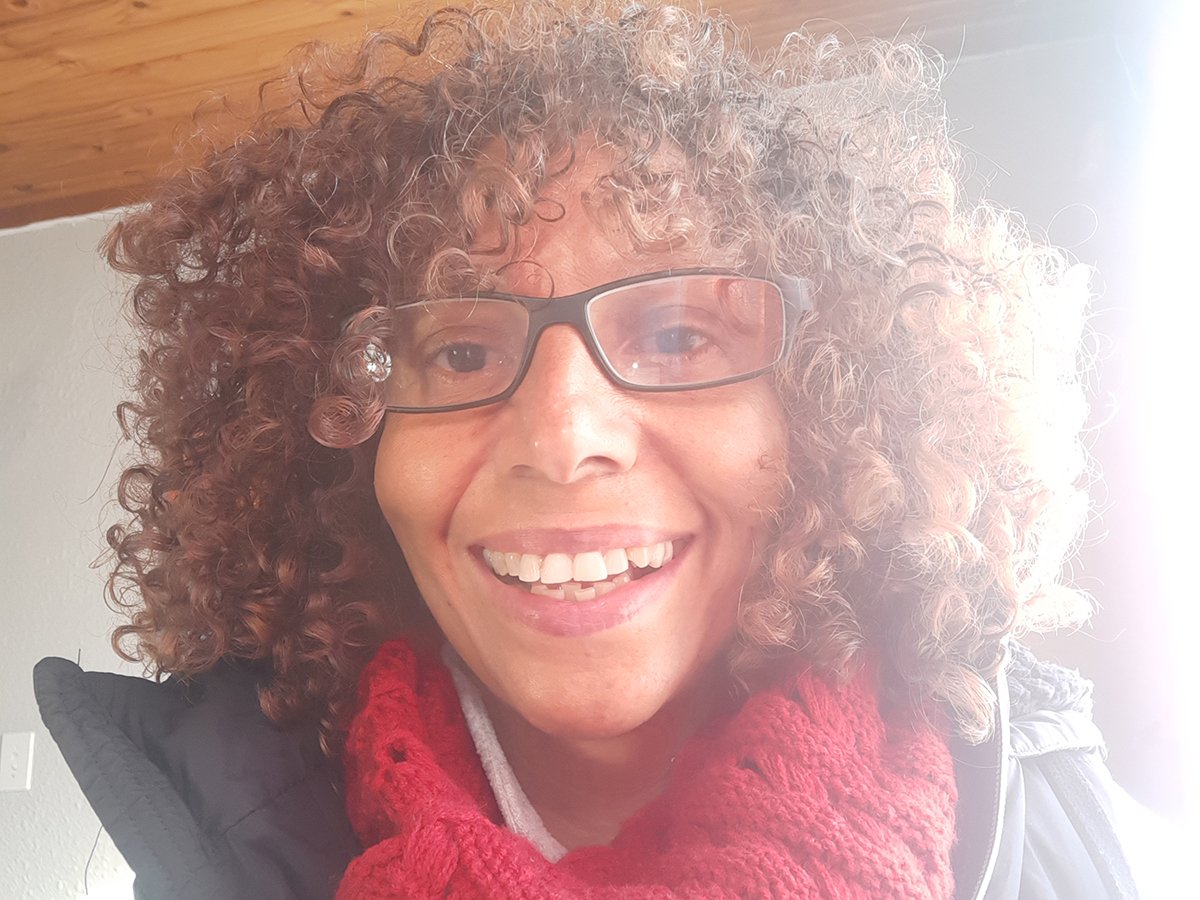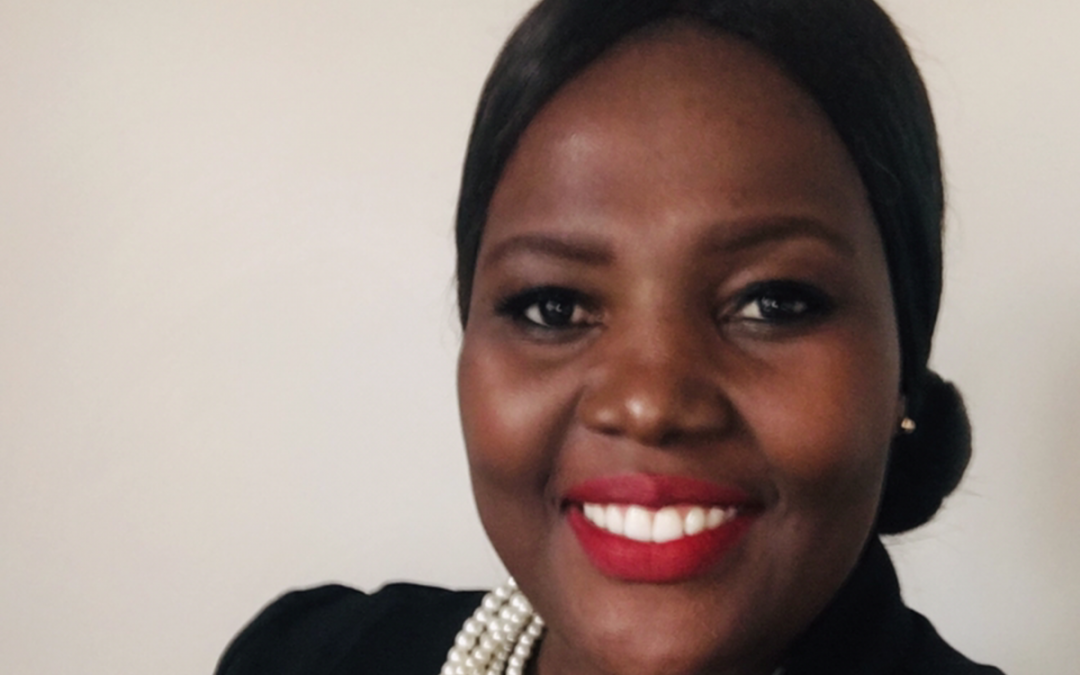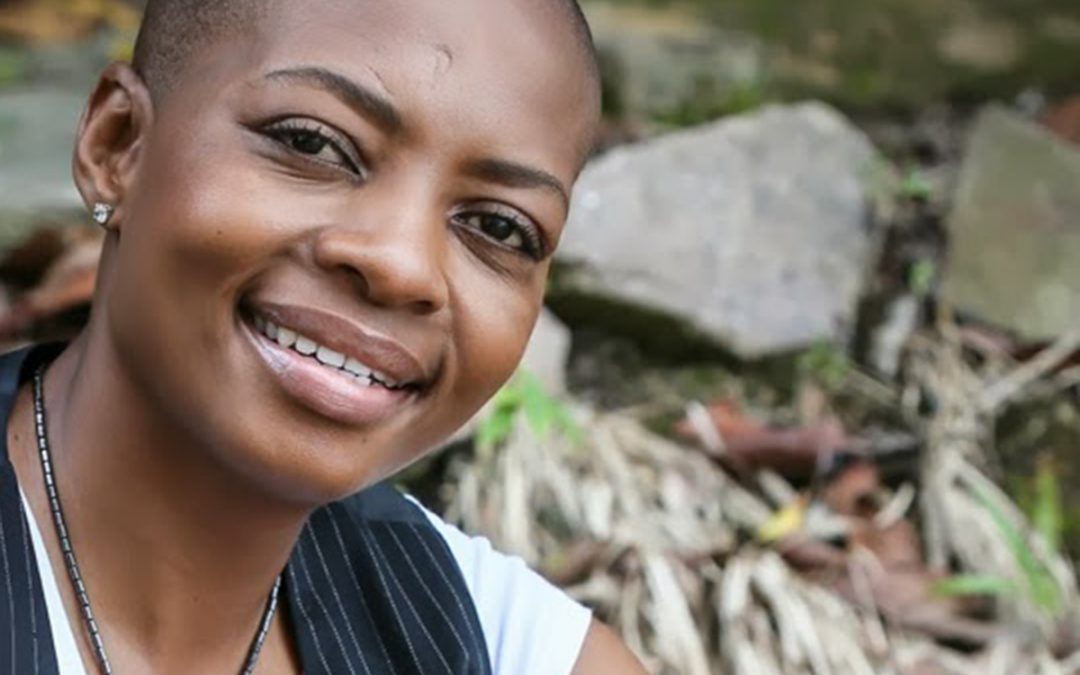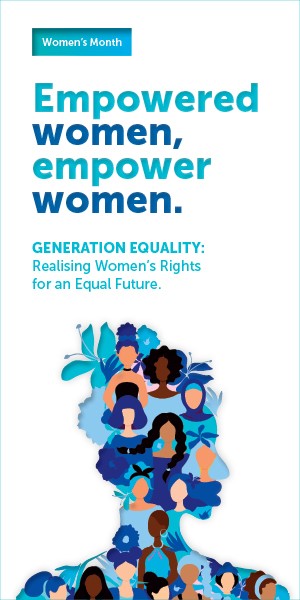Chantell Witten had wanted to study social work when she left school, but her marks in maths were not up to scratch. A friend suggested she apply for dietetics at university since a good maths grade was not a prerequisite. “I always knew I wanted to help people. Helping people is at the core of who I am.”
Witten began her career in 1996, practicing applied dietetics at Livingstone Hospital. It was the height of HIV infections, and many of the children she saw coming into the wards were suffering from malnutrition. This had a profound effect on her. While completing her master’s at the University of the Western Cape (UWC), Witten had the opportunity to work with the late Prof David Sanders — a strong advocate for child nutrition. The experience set Witten on her path towards public health nutrition and, after spending time in Bangladesh and Egypt, she joined the UN Children’s Fund (Unicef) in 2011 as a nutrition specialist.
Witten believes in mentorship. At the height of her career, she was encouraged by her former lecturer at UWC, Prof Edelweiss Wentzel-Viljoen to pursue her PhD. Despite initially being reluctant, she returned to study nutrition in 2015 and completed her doctorate in 2020.“If I wanted to change the world, then I had to change me,” she says.
Witten’s passion is in infant nutrition with a particular focus on breastfeeding advocacy. Globally, mothers are advised to breastfeed to obtain optimal development and health in children. However, South Africa has a low breastfeeding rate mostly due to societal and economic barriers. Many children are being fed formula, especially during the crucial first 100 days of development.
Witten is working relentlessly to change these statistics and challenge the notion that infant formula is an acceptable substitute for mother’s milk. Witten says that the incorrect feeding of infant formula often leads to tragic consequences. Formula is one of the major contributors to malnutrition in children. Mothers who cannot afford the volume of formula that would provide adequate nutrition dilute it, with the result that the child does not have their nutritional needs met. When a lack of access to clean water means that the water used in formula is unclean, this additional factor leads to more health issues.
Witen would like to see an environment that supports women, enabling them to optimally breastfeed their children. Cultural attitudes to breastfeeding deter mothers from providing this essential nourishment. “The research was blaming women for things that were actually structural barriers for them to do what was appropriate,” she says. “They understand exclusive breastfeeding, but they can’t apply it if they are constantly looking for work, having to leave their child home to go to work, or standing in a queue for a child support grant. These economic barriers are the big stumbling blocks, but we also have cultural and home environment barriers. The mom is first at a public health facility, which does support breastfeeding, but she goes home to a community that doesn’t believe in breastfeeding.
“Children are a long-term investment. You invest today and you will reap the benefits in the future.”
Witten is inspired by children thriving in the context of South Africa. “I like photos of happy kids because it gives me hope. All the recent coverage of children has been of hunger, violence and negative stories. Kids are the inspiration. Children are the future and give us hope. If we get it right with them, we can look forward to something better.”
Witten has been humbled by her nomination. “We all want acknowledgement and it’s good to get it. I have 10 years left before I retire. I think the journey ahead will bring a lot of change and I’m looking forward to this.”
Chantell Witten has been engaged in the field of food and nutrition for children for 25 years. She is a dietician with a PhD in nutrition and is currently a lecturer in the faculty of health sciences at the University of the Free State. Her passion lies in infant and young child food and nutrition, with a particular focus on the normalisation of breastfeeding.





























